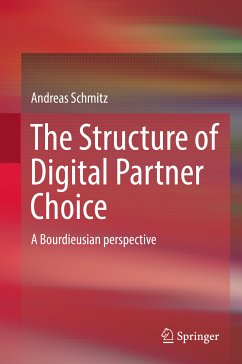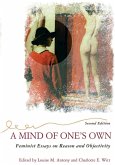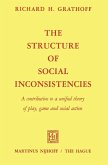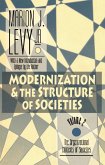This work approaches the modern phenomenon of online dating, examining the ways people make use of its technical and social potential. In particular, the users' mate preferences, choices, strategies, and interactions are analyzed using the innovative method of click-stream observations and web-questionnaire data. For the purpose of these analyses, two major sociological theories are used - an explicit theory of individual mate choice, and the more general relational theory developed by Pierre Bourdieu, which helps to highlight the social structures both underlying and resulting from mating online. Results show that online dating is not a partner market free from social structure, but that the traditional social conditions found offline are also reproduced in this virtual setting. In contrast to the picture drawn by media discourse and advertising, online dating represents a partner market which fulfills the promise of happiness in a socially differential way.
"This work is a breakthrough in the theory and empirical analysis of online dating. It shows brilliantly how mating processes and reciprocal classification practices contribute to social inequality and gender relations." Michel Bozon, Directeur de recherche, Institut National d'Etudes Démographiques (Ined), Paris.
"Do online daters swipe, click or chat in ways that maximize utility or fulfill some assumed evolutionary niche? Even though online dating should be the ideal context for rational markets between people, Schmitz shows how complex layers of social structure still manifest as habitus and practice. Consequently, social structure does not merely mediateour attractiveness, but even our attractions. This book persuasively challenges conventional wisdom on partner markets with both sharp theoretical insight and strong empirical evidence for a relational perspective." Bernie Hogan, Research Fellow, Oxford Internet Institute, Oxford.
Dieser Download kann aus rechtlichen Gründen nur mit Rechnungsadresse in A, B, BG, CY, CZ, D, DK, EW, E, FIN, F, GR, HR, H, IRL, I, LT, L, LR, M, NL, PL, P, R, S, SLO, SK ausgeliefert werden.









